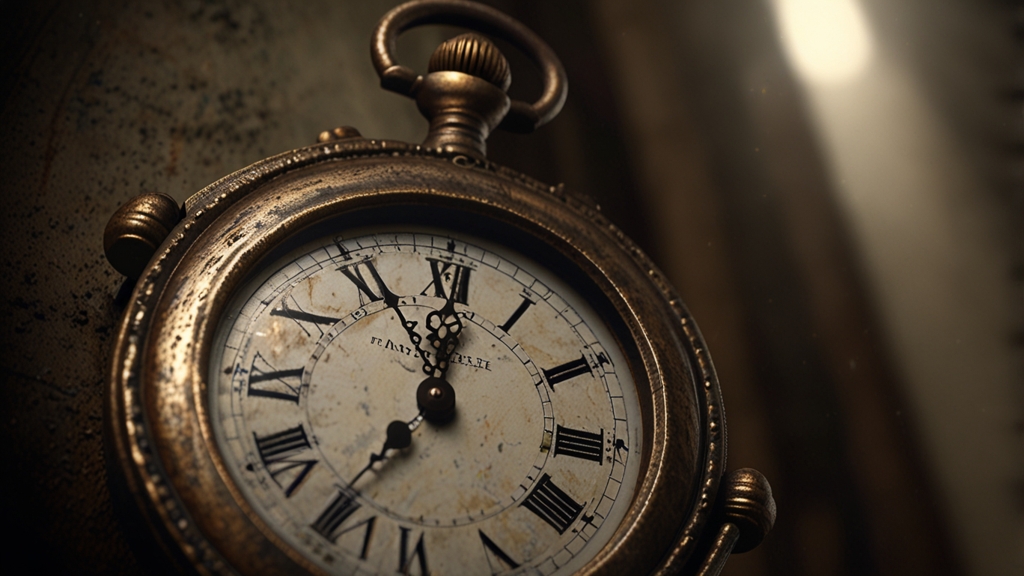The Philosophy of Time: Is the Past Just a Memory?
The nature of time has intrigued humans for centuries. Philosophers, scientists, and poets have all pondered over its essence and ramifications. One of the most profound questions in the philosophy of time is whether the past is just a memory or if it has some other form of existential reality.
Understanding Time: The Linear Perspective
Traditionally, time is viewed from a linear perspective, where it flows from the past to the present and into the future. In this view, the past consists of events that have already happened, the present is a fleeting moment, and the future holds events yet to unfold. This linear conception of time is intuitive and aligns with our everyday experiences.
From a philosophical standpoint, this perspective raises questions about the nature of the past. If the past is defined by events that have already occurred, does it continue to exist in some form, or does it vanish once it transitions into memory?
The Block Universe Theory
One of the compelling theories in the philosophy of time is the Block Universe Theory. This theory posits that time is like a four-dimensional block where past, present, and future events coexist simultaneously. In this model, the past has as much ontological status as the present and future.
"In the Block Universe model, the past isn't just a memory; it is a part of the spacetime continuum. Like how all locations in space exist simultaneously, all moments in time do too. The past continues to have reality, irrespective of whether it is remembered or not."
According to this theory, the past isn't simply a collection of memories stored in the minds of individuals or historical records. Instead, it remains an integral part of the universe's fabric, thus challenging the notion that the past 'ceases to exist.'
Memory and Its Role in Perceiving the Past
While theories like the Block Universe provide a robust framework for understanding the past from a metaphysical angle, our daily encounters with time are mediated through memory. Memory serves as a bridge, enabling us to recall past events and learn from them.
The reliability of memory, however, is subject to scrutiny. Psychological studies have shown that memories are not static; they can be influenced, altered, and even fabricated. This fallibility casts doubt on the completeness and accuracy of our perception of the past.
"If memories can be distorted or erased, what does that imply about our understanding of the past? Are we experiencing reality, or are we merely reconstructing and reshaping it to fit our current mental state?"
The Subjective Experience of Time
Phenomenology offers another lens through which to view the past. This branch of philosophy explores how we subjectively experience time. From a phenomenological standpoint, the past is a crucial part of our consciousness. It is continually reinterpreted to provide context, meaning, and continuity to our identities.
The past might not exist in a physical sense as we experience the present, but it persists in our minds, shaping our actions and beliefs. In this subjective experience, the past is not constrained to a mere memory; it evolves with us, influencing our decisions and how we perceive the world.
Conclusion: An Ongoing Debate
The question "Is the past just a memory?" is far from settled. While theories like the Block Universe suggest that the past has a real existence within the spacetime continuum, our subjective and often flawed memories play a pivotal role in how we perceive and relate to past events.
Ultimately, the philosophy of time encourages us to ponder the complexities of existence and our place within it. As we continue to explore these concepts, our understanding of the past, present, and future will inevitably evolve, offering new insights into the enigmatic nature of time.











